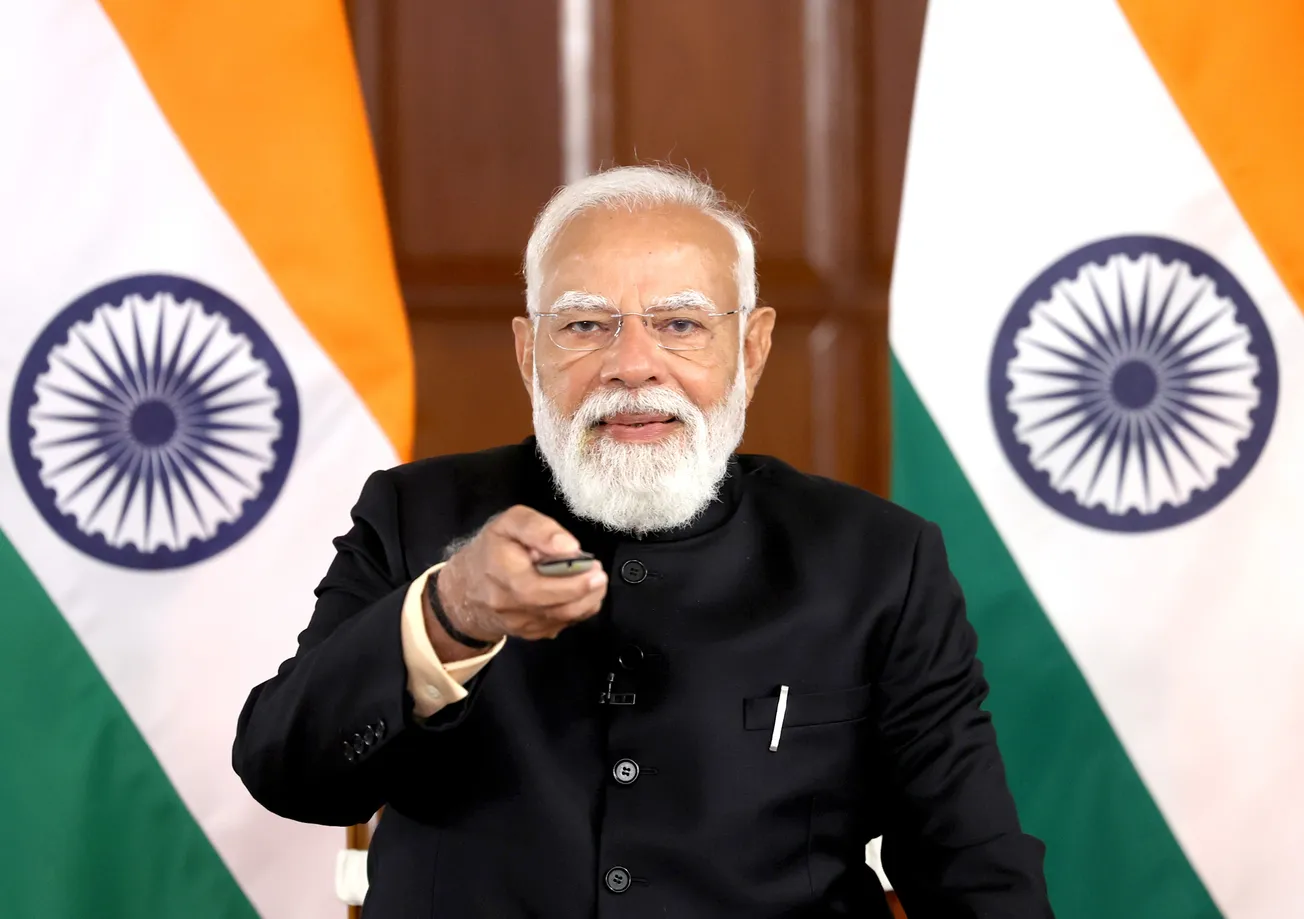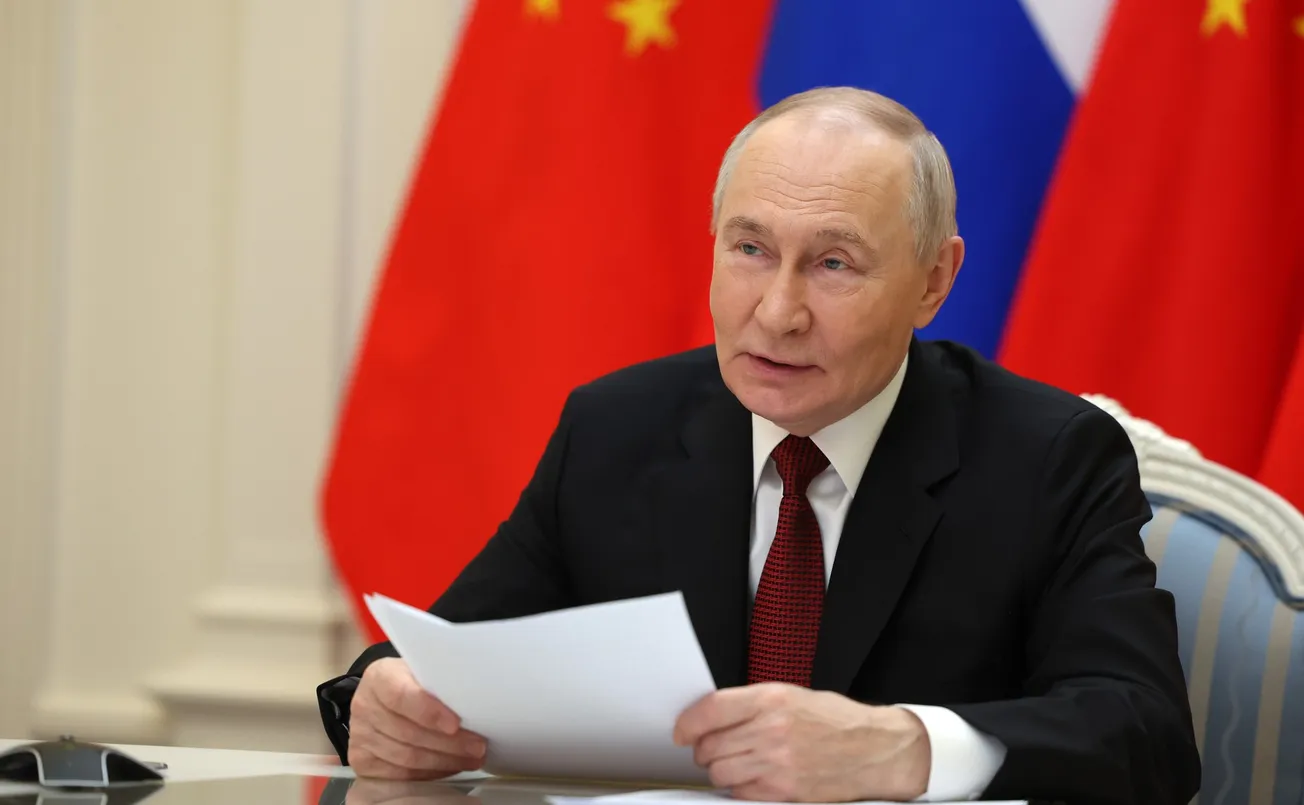The Foreign Ministers of the world’s two most populous nations, China and India, each emphasized that ending poverty must be a primary goal for securing human rights, in separate addresses (by video) the UN Human Rights Council High-Level session in Geneva on Feb. 24. Each, in their respective ways, located the importance of that goal in their culture’s understanding of the nature of the diversity of the one humanity.
The goal of human rights is to “uphold fairness and justice.… The rights to subsistence and development should be taken as the fundamental human rights of primary importance,” China’s Wang Yi told the council, according to the Foreign Ministry report. A “people-centered approach” is required, he insisted. “We must say no,” to the use of human rights as an excuse to interfere in the internal affairs of other countries, for applying double- or even multiple-standards, or weaponizing these rights to impose one county’s will over another. “China, caring deeply for the future of humanity and the well-being of all countries, will be a practitioner of international cooperation, of international cooperation, a promoter of mutual learning among civilizations, and a builder of a community with a shared future for mankind,” he explained.
Indian External Affairs Minister S. Jaishankar, for his part, emphasized that “India’s unwavering commitment to human rights is deeply rooted in its enduring philosophy of global unity, openness, and mutual respect.” India’s philosophy of Vasudhaiva Kutumbakam views the world “as one family…. And today, more than ever, this perspective is urgently needed…. We firmly believe that in these times, the world needs all of us, together.” He spoke of economic growth as a part of this vision, referencing India’s own “remarkable strides in economic growth, lifting millions out of poverty while ensuring that inclusion remains the cornerstone of progress. Through ambitious initiatives in housing and clean drinking water, we have significantly improved the lives of marginalized and vulnerable communities. Unprecedented infrastructure development, coupled with advancements in technology and digital public infrastructure, has veritably transformed India,” Jaishankar reported. Likewise, India’s approach to promoting and protecting human rights globally, “has been centered on building capacity and strengthening human resources and infrastructure,” he said.




